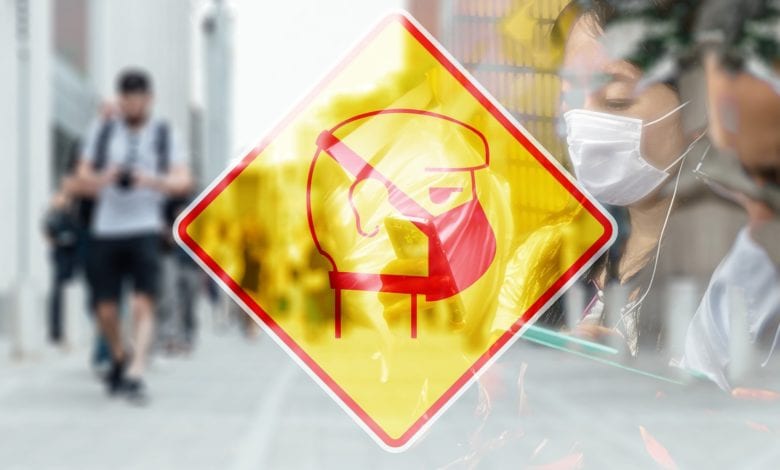How to keep your business on track during the Covid-19 storm

During what is likely the most turbulent and troubling period for the majority of the world’s businesses, Governments across the globe have released initiatives to provide support and protect their respective economies.
In Germany and Switzerland, for example, Governments have offered 100% backed business loans. In the UK, Rishi Sunak announced the Coronavirus Business Interruption Loan Scheme, and the US have similarly announced a $350bn package to support its business arena. However, these loans take time to secure, and until then firm owners are increasingly worried by cash flow.
The loans, too, may simply exacerbate the existing financial pressures and mental health consequences facing entrepreneurs. Some firms – especially in the UK – are struggling to secure loans because of the caveats and conditions expressed, and by the obstacles presented by many banks. The fact that many of these loans have to have a personal guarantee may result in the founders and entrepreneurs most in need of these business loans having to take on significant personal financial burdens which are likely to have serious mental health consequences.
During this period, business leaders have been under an inordinate amount of pressure, both to sustain their company, give their employees stability and remain composed. However, there has been little actionable advice for SME leaders by government or other organisations, so here are the three C’s of crisis leadership to help small and mid-sized businesses during the COVID-19 pandemic.
Remain Calm
During a period of crisis, it is quintessentially important that leaders stay calm and controlled. A calm and controlled leader will bring calm energy to the team, helping to reduce both their own stress, and the stress of their employees. They will be able to remain collected when the situation proves stressful, unknown and even frightening. When a leader can remain calm and collected, it will equate to better decision making and an increased feeling of being in control of the situation.
Communicate
One of the worst things a leader can do during times of crisis is to fail to communicate. There is no such thing as communicating too much during times of crisis. The job of a leader during times of crisis is to communicate with their team, vendors, lenders, investors and stakeholders. Communicating the strategy, updates (good and bad), plans and how the company is faring is critically important. Communication can strengthen teams and help everyone keep on top of tasks, which in turn can help reduce anxiety if day-to-day work continues to run smoothly as a result.
Collected Optimism
Providing collected and focused optimism during times of crisis is perhaps one of the most important roles of a leader, and will help impact the mental health of all involved in a positive and productive way. As Robert Iger, the CEO of Disney, so accurately stated: “The people you lead need to feel confident in your ability to focus on what matters, and not to operate from a place of defensiveness and self-preservation.” Whilst optimism is extremely beneficial, providing false hope is not.”
About RWT Growth
Since 2014, RWT Growth have assisted leaders in achieving sizeable, distinctive and lasting increases in performance, capability and profitability.









